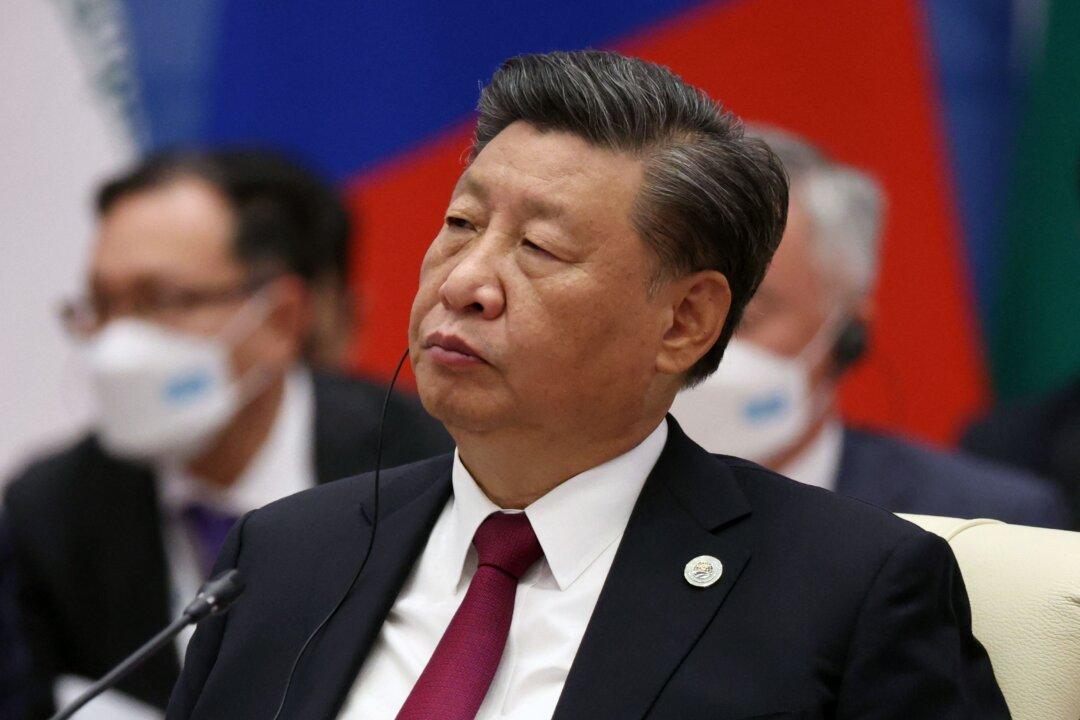Public opinion of China has plummeted among the world’s most advanced economies under the reign of Chinese Communist Party (CCP) leader Xi Jinping.
A new global survey by the Pew Research Center found that the opinions of large majorities in the world’s developed nations have turned “precipitously more negative” regarding China because of Xi’s leadership and the authoritarian direction of the CCP under his rule.




